Poor nutrients. They’re always on the short end of the stick. One decade it’s the fat, the next it’s the carbs, then it’s the sugar. Us humans seem to bounce from calories to nutrients, then back again, stopping long enough to blame sitting for all of our weight gains. It’s dizzying.
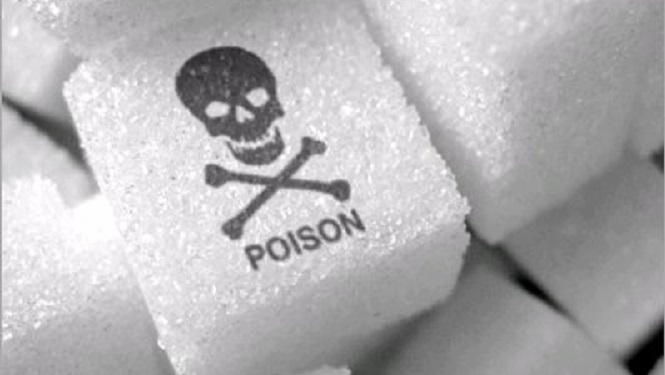
Sugar
It’s hip to hate sugar. If you live in the United States, you at least carry some suspicions about the grainy sweet stuff. The problem is, you’re not sure if sugar substitutes make a better option or not. What to do?
Let’s put sugar in perspective. Nobody can argue that sugar is four calories per gram, same as any carbohydrate. You would also be hard-pressed to find anyone sensible who says it’s okay to consume large amounts of it.
The hard part is knowing what constitutes a reasonable sugar intake. If you’re like me it’s not much. Because of cravings, I can’t just have a little so I tend to avoid.
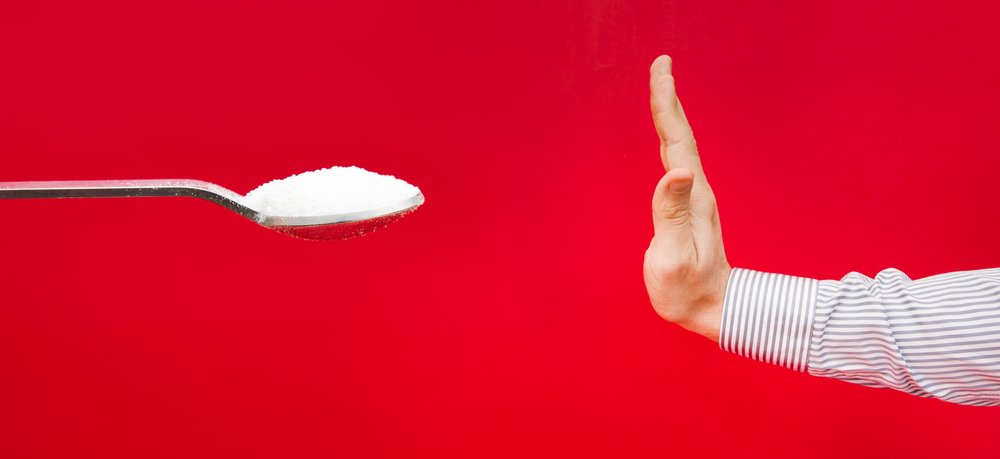
Some people don’t care for sweet things, ever. The rest of us enjoy something sweet from time to time. Rather than consider the sugar in whatever sweet thing it is you plan to eat, consider the total calories and how you react.
Are you like me? If one serving means five, then maybe you should avoid too. If you can enjoy some dessert without going ape, then just consider how this choice fits into your goals. If your goal is fat loss, then ask, how caloric is this sweet thing?
Other considerations: family history and your life. If you have a family history of diabetes, then don’t be silly. Be careful, very careful. If not, then live your life as you wish. Life is short.
In the end, you may regret overindulging, but you may also equally regret never indulging.

Milk
If I read one more article about how milk is the worst thing ever I think I will switch my faucets to milk-only. I will shower in milk. The arguments behind why milk is the worst thing ever all fail the logic test.
The Arguments…They add sugar to milk — we all know how I feel about sugar. It’s Pasteurized — yup, so are many things we eat. It’s a good thing for the most part. Only humans drink milk after childhood — So what? The human diet is adaptive.
They add sugar to milk — we all know how I feel about sugar. It’s Pasteurized — yup, so are many things we eat. It’s a good thing for the most part. Only humans drink milk after childhood — So what? The human diet is adaptive.

Not like a goat, of course, but we have a large scope of dietary options. I don’t want to live in a world without chocolate milk.
Obvious exceptions to my flagrant attitude include but are not limited to the lactose intolerant folks. Please, spare us all. Don’t do it.
In fact, if you don’t regularly consume milk, beware. Many people who are not lactose intolerant struggle to digest milk when it’s not part of the regular intake.
This is also true for legumes, animal proteins, and other nutrients. Know thyself, but enjoy a scoop or two of ice cream once a week.
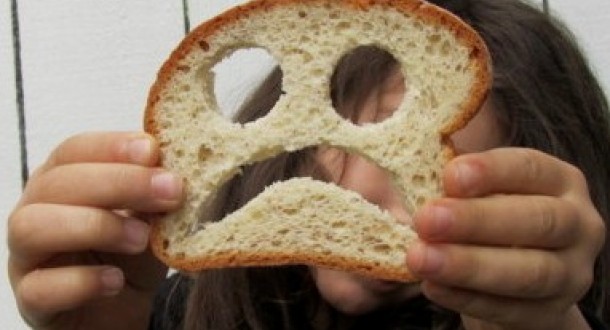
Grains
We may be nearing the end of this bout of grain hating fairy tales. I won’t cite the number of reputable nutrition experts who’ve pointed out the swiss cheese research behind books like Wheat Belly or Grain Brain. We don’t have time for it. Both books are littered with Red Herrings.
Despite what is popular to believe, humans have been safely eating grains for a super-duper long time. It may not have been since the paleolithic period, but who cares? We eat many things our ancestors didn’t eat.
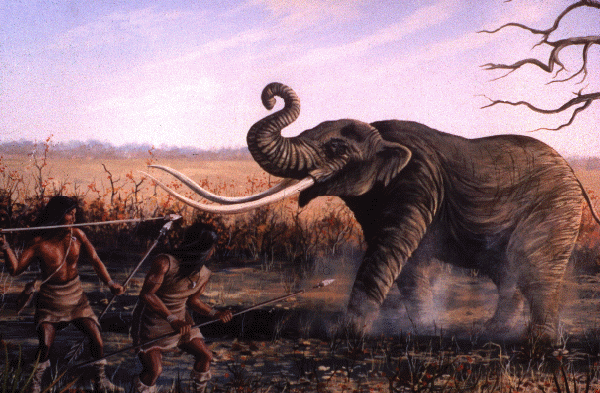
Incidentally, have you ever considered what our ancestors ate? I’ve never enjoyed fresh Mastodon, but I hear it tastes like chicken.
Grain feeds the world. There may be many evils behind the grain business, but the worst of them is the mistruths spread about grain itself.
Like all nutrients, enjoy in moderation.
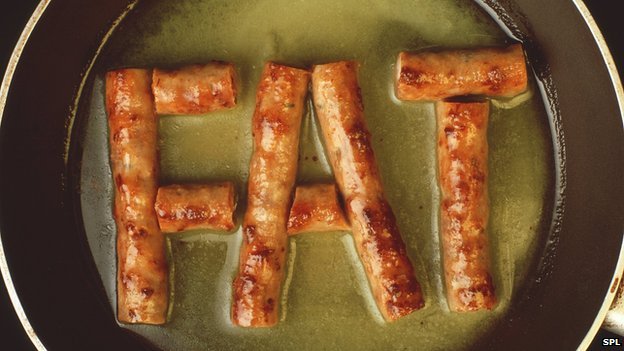
Fat
I’ve said it before — Fat is awesome. Your body needs fat to build strong cell walls and feel satisfied after you eat. The problem is, for many of us westerners, we eat way too much of it.
The dangerous other-side of the fat equation is the one where we recommend no fat or low-fat diets. Understand, a no diet without fat is awful. You’ll likely never feel full after eating without gorging yourself. You’ll suffer energy issues. It ain’t pretty.
Low fat is a little more subjective. Low fat usually means too low, meaning you’re not getting as much fat as you need. Your fat intake should be around 30% of your calories. It can go higher, but at nine calories per gram, you will find you meals getting very small to stay within your calorie ranges.

Unless it’s actual poison, there’s little we consider food that will harm you if you are otherwise healthy. Anything can be toxic in high doses, including water.
Instead of blaming nutrients for your challenges, step back and consider how you can eat the things you want in responsible ways.
You’ll be much happier for it.